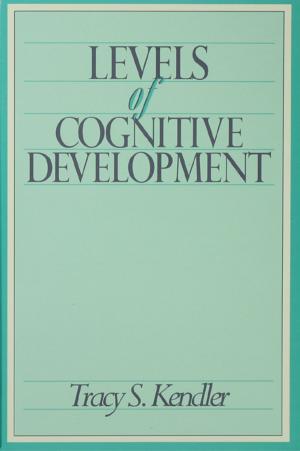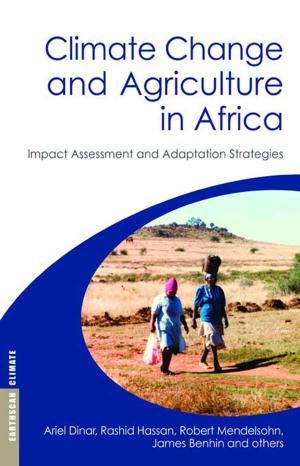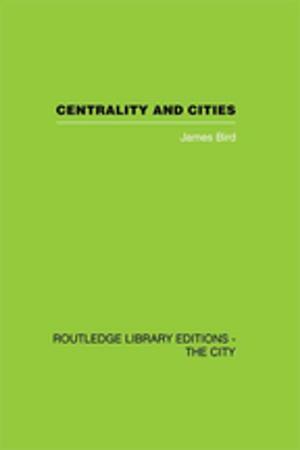The Invisible Line
Land Reform, Land Tenure Security and Land Registration
Nonfiction, Social & Cultural Studies, Political Science, Politics, Civil Rights| Author: | Henri A.L. Dekker | ISBN: | 9781351887410 |
| Publisher: | Taylor and Francis | Publication: | March 2, 2017 |
| Imprint: | Routledge | Language: | English |
| Author: | Henri A.L. Dekker |
| ISBN: | 9781351887410 |
| Publisher: | Taylor and Francis |
| Publication: | March 2, 2017 |
| Imprint: | Routledge |
| Language: | English |
During the past two decades, there has been a resurgence of interest in issues of land reform in developing and transitional countries. This has been initiated by the large-scale re-distributive activities in former communist countries and by the growing number of claims by displaced indigenous population groups to restore their rights to land. This book provides a timely and clear overview of the historical and theoretical context of current land reform and tenure issues. Illustrated with global case studies from Europe, Asia, Africa and Latin America, key sections explore land and rights to land, property, land tenure and reform, and land registration. Beginning by discussing the need to demarcate space by creating 'invisible lines' - which give certainty to what extent authority over land can be established - the book then explores legal and theoretical definitions of 'land' and 'property' and looks at the various different policies and forms of land tenure. One of the most recent developments in land reform policy has been to look to traditional forms of access to land and of resource conservation. The book argues that, while such policies on land property rights have great potential, they are best being adopted in a long-term, incremental way. It also shows how land policy reforms must be embedded in institutional and general policy reforms, complemented by rural development and educational opportunities for beneficiaries. The book summarises the main principles of land reform activities and practices and argues that the perception of land tenure security is the most critical factor of success to land reform.
During the past two decades, there has been a resurgence of interest in issues of land reform in developing and transitional countries. This has been initiated by the large-scale re-distributive activities in former communist countries and by the growing number of claims by displaced indigenous population groups to restore their rights to land. This book provides a timely and clear overview of the historical and theoretical context of current land reform and tenure issues. Illustrated with global case studies from Europe, Asia, Africa and Latin America, key sections explore land and rights to land, property, land tenure and reform, and land registration. Beginning by discussing the need to demarcate space by creating 'invisible lines' - which give certainty to what extent authority over land can be established - the book then explores legal and theoretical definitions of 'land' and 'property' and looks at the various different policies and forms of land tenure. One of the most recent developments in land reform policy has been to look to traditional forms of access to land and of resource conservation. The book argues that, while such policies on land property rights have great potential, they are best being adopted in a long-term, incremental way. It also shows how land policy reforms must be embedded in institutional and general policy reforms, complemented by rural development and educational opportunities for beneficiaries. The book summarises the main principles of land reform activities and practices and argues that the perception of land tenure security is the most critical factor of success to land reform.















